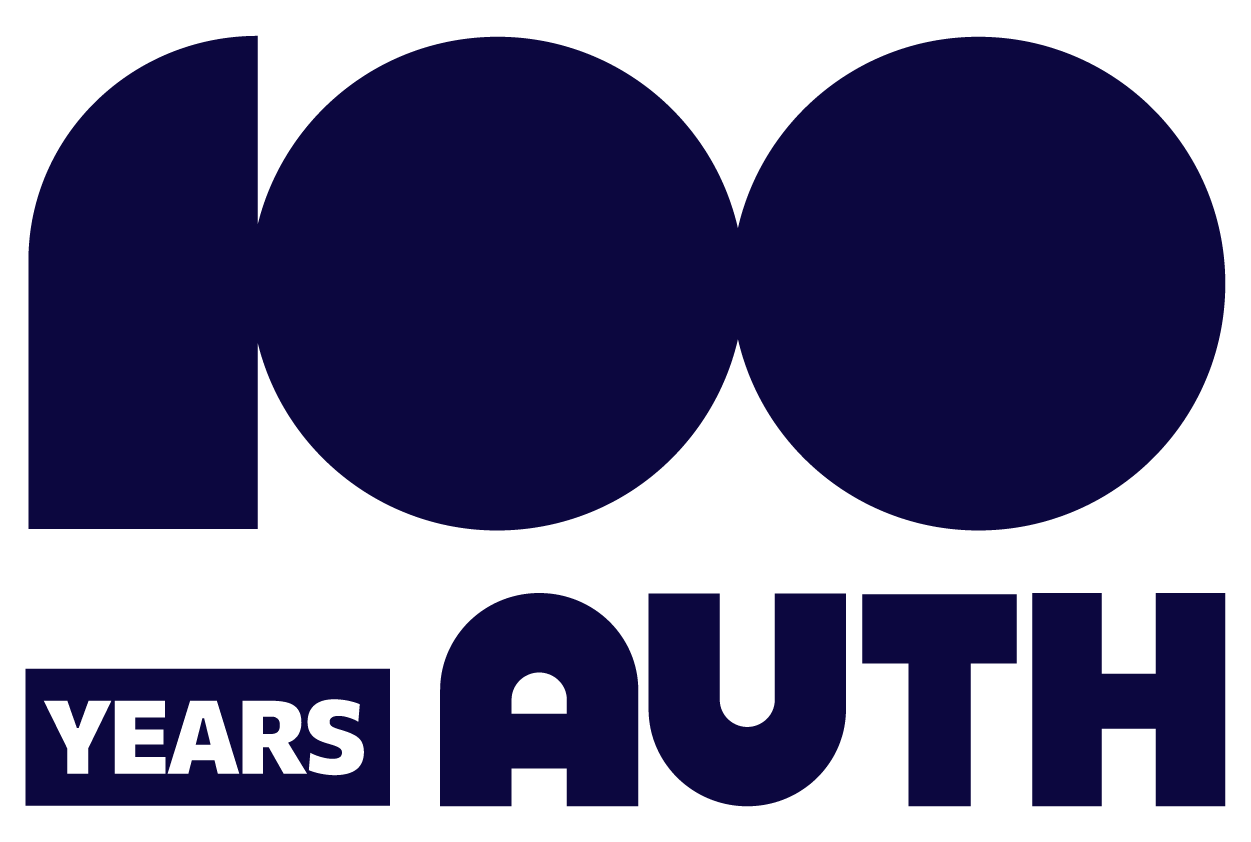
The course aims to introduce students to the concept of bilingual and intercultural education, its theoretical foundations and the possible ways of implementing it in the educational context. Special emphasis will be placed on the development and applications of intercultural education in Greece and in Europe, as well as to how teachers can promote intercultural dialogue between students from diverse cultural and linguistic backgrounds. Students will become familiarised with the principles and practices of intercultural education, as well as with different aspects of diversity in education, such as culture, language, social class, gender, religion, etc. We will examine pertinent theories and pedagogical frameworks relating to these factors, such as culturally and linguistically responsive pedagogy, translanguaging, cultural capital and cultural reproduction in education, and critical and feminist pedagogies, among others. Furthermore, students will be exposed to various teaching and learning techniques and methodologies that help foster intercultural dialogue and inclusion in the classroom, and will be encouraged to design their own activities/materials/lessons drawing from these. If possible, visits to intercultural schools will be arranged. Taking into consideration the latest developments and changes of student population in Greek state schools, this course may be of particular interest to future language educators who will need to address the needs of bilingual and bicultural students in the Greek classrooms.